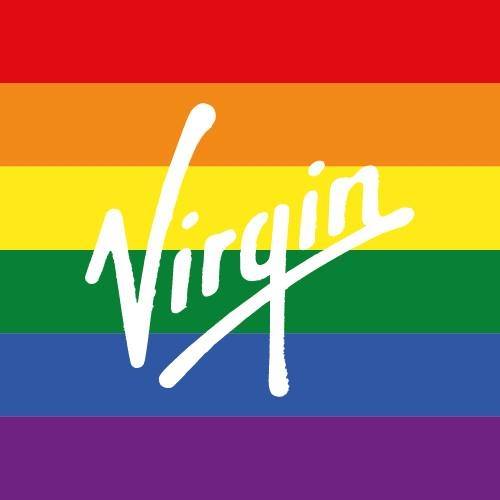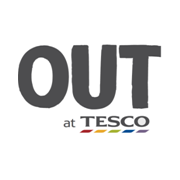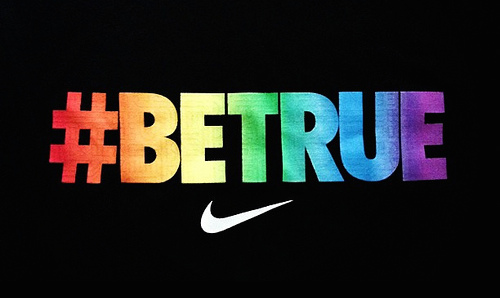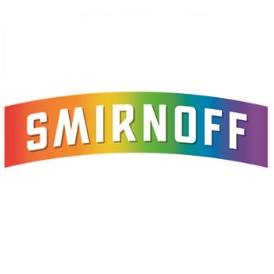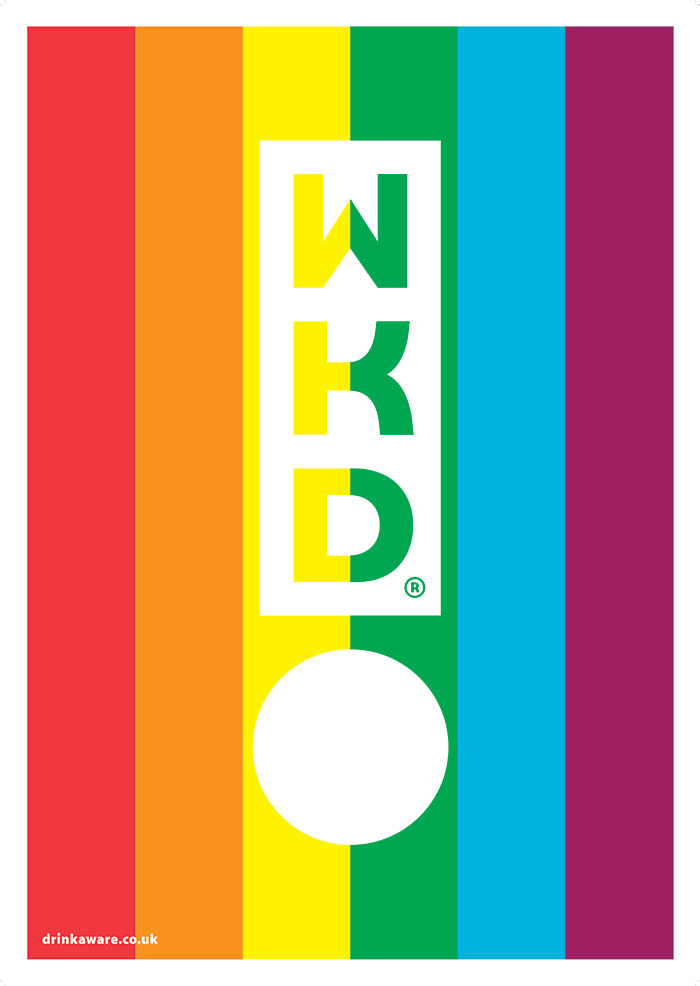Big Brands and Pride are a Good Thing
I was in a Tesco recently – getting a £3 meal deal – and when heading to the counter, I walked past a stark white display that stood out from the rest of the shop. The cardboard shelves held rows of equally stark white and black packets of Skittles. The famously multi-coloured sweet, owned by Mars Inc, carries the slogan: ‘taste the rainbow’. But for the period of Pride month, the brand has made the decision to relinquish the rainbow for the LGBTQI community, in its own little way of celebrating.
Now, neither you or I are under any illusions that this is a marketing exercise – in order to make the brand come access as nice (call me cynical). But as a society, we’re far more brand savvy than we used to be. While this particular move by Skittles has backfired for them (more about this later), they are not the only product to attempt to capitalise on the rainbow month.
There’s a real mix of products and services here, and each year there seems to be more that jump on and get involved. It’s partly because, nowadays, brands see the importance of their image and there’s profit to be made from being seen to support pride; as 65% of 13-to-20-year-olds say that they know someone who goes by gender neutral pronouns and people who fall under LGBTQI or allies are a growing group.
Having large, influential brands and organisations endorse Pride is a good thing. If we want to achieve true equality, the positive influence these companies can have should be helpful. It will put the flag and what it represents in front of people who otherwise might not have reason to think about it. Exposure to as wide an audience as possible will, hopefully, help teach more people about – and normalise the idea of – LGBTQI equality in places where those ideas are less abundant.
However, while I think it can be a force for good, It should not be done in a flippant or ill-educated way. Any use of Pride on commercial products or services shouldn’t just be a rebrand with a catchy slogan and a press release. It should be an actual real world commitment to change minds and perceptions. It should be proactive with your own workforce and be supporting LGBTQI employees or getting directly involved with marches by becoming a partner or supporting local charities.
The ‘brand’ of Pride should also be used in an informed way, in conjunction with the expertise of people who understand what’s going on in the community. Perhaps if Skittles had done this, they may have avoided the backlash they received. While some would argue that they don’t want to see Pride commercialised in that way, if we hold each company that does ‘dawn the rainbow’ to a standard of activism and inclusion, it becomes another way to help improve equality across the board.
This post was originally written for the good people at Pride Matters

